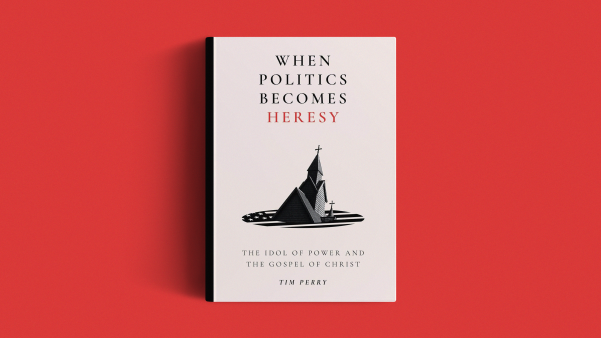Recessions, before the Great Depression, were often viewed as good things. Secretary of the Treasury Andrew Mellon, even after the crash of 1929, expressed the common view of the time: “It will purge the rottenness out of the system. High costs of living and high living will come down. People will work harder, live a more moral life. Values will be adjusted, and enterprising people will pick up the wrecks from less competent people.”
“Liquidate labor,” he thundered, “liquidate stocks, liquidate the farmers, liquidate real estate.”
Though the current Treasury Department seems a bit more compassionate, the idea that a recession is good lives on. A Conservative leader in Britain was forced to apologize last week for extolling the health virtues of an economic decline. “Recession can be good for us. People tend to smoke less, drink less alcohol, eat less rich food and spend more time at home with their families.”
With less money and perhaps no work, people don’t generally splurge on cigarettes, booze, and unhealthy food. And, with nothing to do all day, they do hang around the house more.
But, as Daniel Gross at Slate magazine points out, the recession will likely bring (or has already brought) on lower housing costs, a reduction in the trade deficit (the difference between things imported into and exported out of the U.S.), a severe crimp in consumerism (a relief for those of us whose kids want all the same toys as the neighbor’s), and the comeuppance of Wall Street fat cats. All good things. And the blessed reduction in oil prices nearly tips the scales in favor of a recession.
While recessions can be occasions for moral renewal, “They’re also about fear and diminished expectations,” writes David Brooks. “The cultural consequences of recessions are rarely uplifting.” Crime rises, and birthrates fall. The ranks of the poor swell.
Marriages fall apart. “”Recessions tend to raise divorce rates,” says Nobel laureate and University of Chicago Graduate School of Business economist Gary Becker.”
As credit grows increasingly tight, families are having trouble paying for necessities. “Wal-Mart for the first time is seeing a paycheck-related spike in sales of baby formula, suggesting consumers are rushing to buy such necessities as soon as they have the cash.” The company reported last month that customers are worried about being able to put food on the table.
Relationships are fractured when people can’t make good on their debts, writes Margaret Atwood, and the basic sense of trust between people collapses. “Without a sense of fairness and also a level of trust, without a system of reciprocal altruism and tit-for-tat — one good turn deserves another, and so does one bad turn — no one would ever lend anything, as there would be no expectation of being paid back. And people would lie, cheat and steal with abandon, as there would be no punishments for such behavior.”
The punishment, of course, comes when everyone at once fears not being paid back. They stop lending and doing business with each other, and the economy rapidly shuts down. The role of the government these days has been to restore that confidence, but once broken, it is not easily mended. Unfortunately, in this way, we are all punished when debts go bad.
The church can play a major role in restoring confidence — not necessarily in the markets but between people. Especially when people can become cynical and pessimistic, stressed by work, family, and marriage, the church can share its hope along with a meal to eat.
Copyright © 2008 Christianity Today. Click for reprint information.
Related Elsewhere:
Christianity Today has a special section on the economic crisis.








